Home>Garden Essentials>How Long Does Corn Germinate
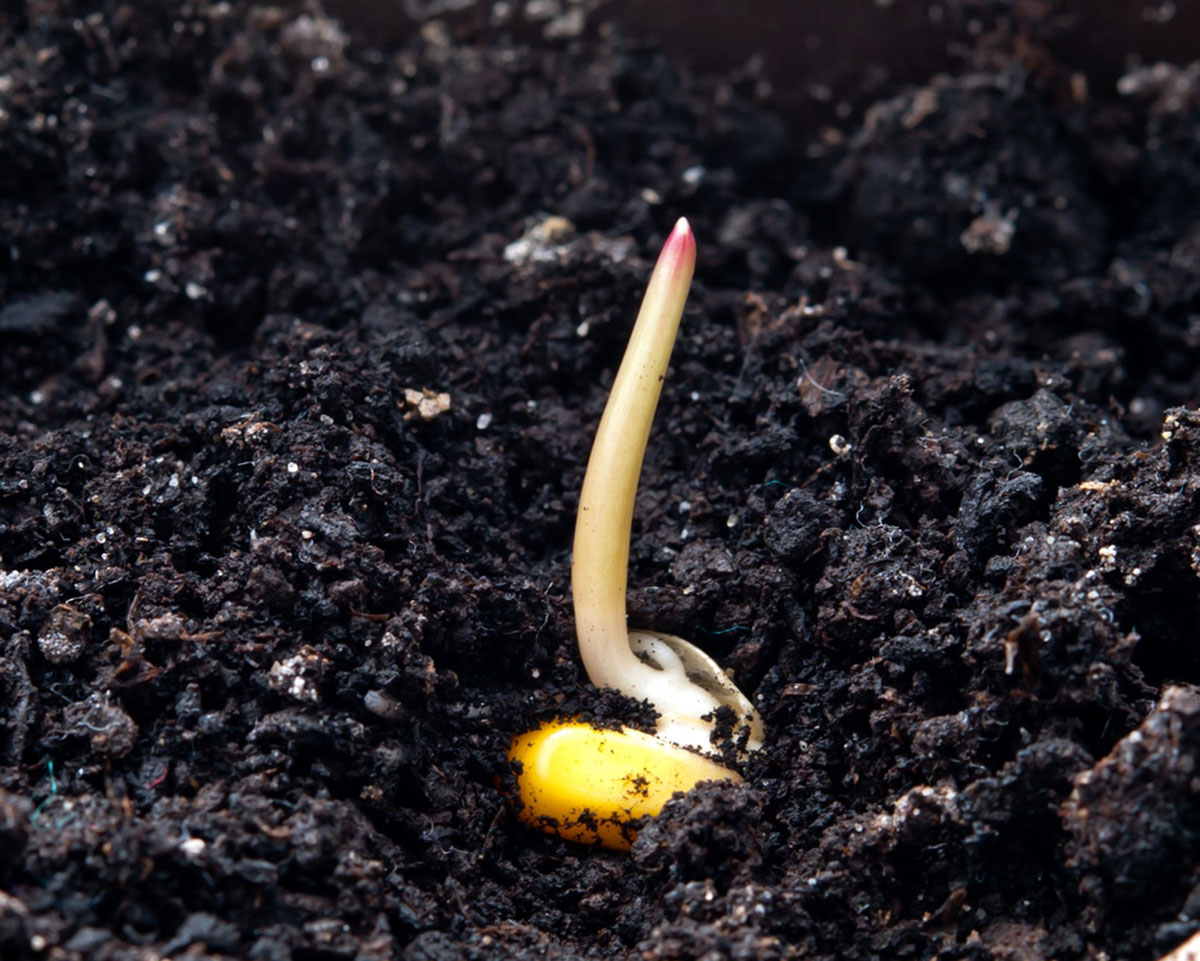

Garden Essentials
How Long Does Corn Germinate
Modified: March 16, 2024
Discover how long it takes for corn to germinate in your garden and gain valuable insights for successful planting.
(Many of the links in this article redirect to a specific reviewed product. Your purchase of these products through affiliate links helps to generate commission for Storables.com, at no extra cost. Learn more)
Introduction
When it comes to growing corn, one of the most crucial stages in the process is germination. Germination is the process by which a seed transforms into a seedling, ready to absorb nutrients and grow into a mature plant. Understanding how long corn germination takes and the factors that affect it is essential for successful gardeners.
Gardening enthusiasts and farmers alike need to be aware of the optimal conditions required for corn germination. By providing the right environment, corn seeds can germinate effectively and produce strong, healthy plants. Additionally, understanding the expected germination time for different corn varieties allows growers to plan their planting schedule and monitor progress.
In this article, we will explore the factors affecting corn germination, optimal germination conditions, the germination time for different corn varieties, how to speed up germination, and common germination problems and solutions. Let’s dive in and uncover the mysteries of corn germination!
Key Takeaways:
- Corn germination is influenced by factors like soil temperature, moisture, and seed quality. Providing optimal conditions and addressing common problems can ensure successful germination and healthy plant growth.
- Different corn varieties have varying germination times, with sweet corn typically germinating within 7 to 10 days. Pre-soaking seeds, using warm water, and optimizing soil moisture can speed up the germination process.
Read more: Why Didn’t Corn Germinate?
Factors Affecting Corn Germination
Corn germination is influenced by several factors that can either promote or hinder the process. Understanding these factors is crucial for ensuring successful germination and healthy plant growth. Let’s take a closer look at the key factors that affect corn germination:
- Soil Temperature: The temperature of the soil plays a significant role in corn germination. Generally, corn seeds prefer soil temperatures between 50°F and 86°F (10°C to 30°C) for optimal germination. Cooler temperatures can slow down the germination process, while excessively high temperatures can inhibit germination or cause seedlings to wilt.
- Moisture: Adequate moisture is essential for corn seeds to germinate. Ideally, the soil should be consistently moist, but not waterlogged, throughout the germination period. Dry soil can prevent germination, while overly saturated soil can lead to rot and fungal diseases.
- Seed Quality: The quality and viability of corn seeds significantly impact germination. It is crucial to use fresh, high-quality seeds obtained from a reputable source. Damaged or old seeds may have a lower germination rate and can result in weak or stunted seedlings.
- Seed Depth: The depth at which corn seeds are planted can affect germination. Ideally, corn seeds should be planted at a depth of about 1 to 1.5 inches (2.5 to 3.8 cm) into the soil. Planting too shallowly can expose the seeds to extreme temperature fluctuations, while planting too deeply can hinder the emergence of seedlings.
- Soil pH: The pH level of the soil can impact corn germination. Corn prefers slightly acidic to neutral soil with a pH range of 6.0 to 7.5. Acidic or alkaline soil conditions can hinder nutrient availability and affect seed germination.
- Weeds and Competition: Weeds compete with corn seedlings for nutrients, moisture, and sunlight. It is essential to control weeds in the planting area to reduce competition and ensure optimal germination and growth.
By taking these factors into consideration and creating the ideal conditions, gardeners can maximize the chances of successful corn germination. Let’s explore the optimal germination conditions in the next section.
Optimal Germination Conditions
Creating the optimum conditions for corn germination is key to ensuring healthy seedlings and robust plant growth. Here are the key factors to consider for providing the best germination conditions:
- Temperature: Corn seeds germinate best when the soil temperature is between 50°F and 86°F (10°C to 30°C). To maintain the ideal temperature, gardeners can start sowing corn seeds when the soil has warmed up sufficiently, usually in late spring or early summer.
- Moisture: Corn seeds require consistent moisture for successful germination. Keep the soil evenly moist but not waterlogged. Regularly monitor the moisture levels and water the seeds gently to avoid disturbing them.
- Seed Depth: Plant corn seeds at a depth of about 1 to 1.5 inches (2.5 to 3.8 cm) into the soil. This provides the right balance of stability and access to moisture for the seeds to germinate effectively.
- Soil Preparation: Prior to planting, prepare the soil by loosening it with a garden fork or tiller. Clear away any debris, rocks, or weeds that may hinder seedling emergence.
- Soil pH: Test the soil pH and ensure it falls within the optimal range of 6.0 to 7.5. If the soil pH is too acidic or alkaline, consider making amendments to achieve the desired pH level.
- Light: While corn seeds do not require light for germination, once the seedlings emerge, they need full sun exposure. Ensure the planting site receives at least 6 to 8 hours of direct sunlight each day.
By providing these optimal germination conditions, you give corn seeds the best chance to sprout and develop into healthy seedlings. However, it’s important to note that different corn varieties may have slight variations in their ideal conditions. Let’s explore the germination time for different corn varieties in the next section.
Germination Time for Different Corn Varieties
Corn varieties can vary in their germination time, with some germinating more quickly than others. The germination time can vary based on factors such as seed quality, soil conditions, and temperature. Here are general guidelines for the germination time of different corn varieties:
- Sweet Corn: Sweet corn varieties, which are typically eaten fresh, have an average germination time of 7 to 10 days. However, some varieties may sprout within 4 to 7 days, while others may take up to 14 days.
- Field Corn: Field corn, which is primarily grown for animal feed or processing, usually has a longer germination time compared to sweet corn. Field corn varieties can take anywhere from 7 to 14 days to germinate, depending on the specific variety and environmental conditions.
- Popcorn: Popcorn varieties have a similar germination time to sweet corn, ranging from 7 to 10 days. However, some popcorn varieties may take slightly longer to germinate due to their smaller seed size.
- Flint Corn: Flint corn, also known as Indian corn, is primarily cultivated for decorative purposes. It typically has a germination time similar to that of field corn, ranging from 7 to 14 days.
- Dent Corn: Dent corn, also known as field corn, is the most widely grown type of corn for feed and industrial uses. Its germination time is similar to field corn, taking 7 to 14 days.
- Ornamental Corn: Ornamental corn varieties, which are bred for their vibrant colors and unique patterns, have a germination time similar to sweet corn, typically falling within the range of 7 to 10 days.
It’s important to note that these are general guidelines, and the actual germination time may vary depending on various factors. Additionally, optimal growing conditions can help expedite the germination process. Now let’s explore some ways to speed up corn germination.
Corn typically germinates within 7-10 days when planted in warm soil with adequate moisture. To speed up germination, you can soak the seeds in water for 12-24 hours before planting.
Speeding Up Corn Germination
Gardeners often look for ways to speed up the germination process for corn, especially when planting in areas with shorter growing seasons. While germination time can’t be significantly shortened, there are a few strategies to promote quicker and more efficient corn germination. Here are some tips to accelerate corn germination:
- Pre-soaking Seeds: Pre-soaking corn seeds for 12 to 24 hours before planting can help soften the seed coat and promote faster germination. Place the seeds in a container filled with water and allow them to soak before planting.
- Using Warm Water: When pre-soaking corn seeds, use warm water to further encourage the softening of the seed coat and initiate the germination process. Warm water can provide the seeds with an optimal temperature to kick-start germination.
- Stratification: Some corn varieties benefit from stratification, which is a process of subjecting seeds to a period of cold and moisture to break seed dormancy. Place the seeds in a plastic bag with a moist paper towel and refrigerate them for a week before planting.
- Scarification: Scarification involves lightly scratching or nicking the seed coat to facilitate water absorption and promote quicker germination. Gently rub the seeds with fine sandpaper or use a small knife to create a small nick without damaging the inner embryo.
- Applying Bottom Heat: Corn seeds germinate faster when provided with bottom heat. Use a seedling heat mat or place the seed trays on top of a warm surface to provide consistent warmth to the seeds.
- Optimizing Soil Moisture: Maintaining consistent and adequate soil moisture is crucial for speedy germination. Check the soil moisture regularly and water gently to ensure it remains evenly moist throughout the germination period.
- Using Mulch: Adding a layer of organic mulch around the planted corn seeds can help conserve soil moisture, regulate soil temperature, and protect the seeds from drying out, ultimately promoting faster germination.
While these methods can help speed up corn germination to some extent, it’s important to understand that factors such as seed quality, temperature, and moisture conditions still play a significant role. It’s also essential to follow the specific guidelines provided for each corn variety. Now let’s explore some common germination problems and their solutions.
Read more: How Long Does It Take Spinach To Germinate
Common Germination Problems and Solutions
Despite our best efforts, sometimes corn germination can face challenges. Various factors can hinder the germination process and lead to issues such as poor seedling emergence or stunted growth. Here are some common germination problems encountered when growing corn and their solutions:
- Poor Seed Quality: If you notice low germination rates or weak seedlings, it could be due to poor seed quality. To address this, ensure you are using fresh, high-quality seeds purchased from a reputable supplier. Avoid using old or damaged seeds, as they may have reduced viability.
- Unfavourable Weather Conditions: Extreme weather conditions, such as excessively cold or hot temperatures, can negatively impact corn germination. If facing a heatwave, ensure soil moisture levels are maintained to counteract drying out. For cold spells, consider using protective covers or row covers to maintain warmth around the seeds.
- Inadequate Soil Moisture: Insufficient moisture can hinder germination. To combat this, regularly monitor soil moisture levels and provide water as needed. Be cautious not to overwater, as this can lead to waterlogged soil and root rot. Maintain a balance by ensuring the soil remains consistently moist but not saturated.
- Seed Planting Depth: Planting corn seeds too shallowly or deeply can impact germination. Shallow planting exposes the seeds to temperature fluctuations, while deep planting can hinder seedling emergence. Aim to plant corn seeds at a depth of about 1 to 1.5 inches (2.5 to 3.8 cm) to optimize germination and seedling growth.
- Weed Competition: Weed competition can deprive corn seedlings of essential nutrients, moisture, and sunlight. Regularly weed the area around the corn plants to reduce competition. Consider using mulch or organic weed control methods to minimize weed growth and keep the planting area clear.
- Seedling Diseases: Seedling diseases, such as damping-off, can occur and lead to poor germination and seedling death. To prevent this, ensure proper soil drainage, sterilize containers or trays, and avoid overwatering. Consider using disease-resistant varieties and practicing good garden hygiene.
- Pest Infestations: Insect pests, such as cutworms or corn borers, can damage seeds and seedlings. Implement integrated pest management techniques to control pests, such as using protective coverings, natural predators, or organic insecticides when necessary.
By being vigilant and addressing these common germination problems, you can increase your chances of successful corn germination and ensure healthy plant growth. Now, let’s wrap up with a summary of the key points discussed.
Conclusion
Corn germination is a vital stage in the growth of corn plants, and understanding the factors that affect it is crucial for successful gardening. By providing the optimal germination conditions, such as the right temperature, moisture, seed depth, and soil pH, gardeners can promote healthy germination and ensure robust plant growth.
Different corn varieties have varying germination times, with sweet corn typically germinating within 7 to 10 days, while field corn may take slightly longer. Pre-soaking seeds, using warm water, stratification, scarification, applying bottom heat, optimizing soil moisture, and using mulch are some methods to speed up corn germination.
Despite our best efforts, common germination problems can arise, such as poor seed quality, unfavorable weather conditions, inadequate soil moisture, incorrect seed planting depth, weed competition, seedling diseases, and pest infestations. By addressing these issues with proper seed selection, soil management, pest control, and good gardening practices, we can overcome these challenges and ensure successful corn germination.
Ultimately, the key to successful corn germination lies in understanding the needs of the specific corn variety being planted and providing the ideal conditions for growth. With patience, care, and attention to detail, gardeners can enjoy the beauty and abundance of corn in their gardens or farms.
So, whether you’re growing corn for the sweet taste of fresh kernels, for animal feed, or for ornamental purposes, remember that a successful corn crop begins with healthy germination. Follow the guidelines outlined in this article, adapt them to your specific growing conditions, and enjoy the rewarding experience of growing your own corn.
Happy germinating and happy gardening!
Frequently Asked Questions about How Long Does Corn Germinate
Was this page helpful?
At Storables.com, we guarantee accurate and reliable information. Our content, validated by Expert Board Contributors, is crafted following stringent Editorial Policies. We're committed to providing you with well-researched, expert-backed insights for all your informational needs.
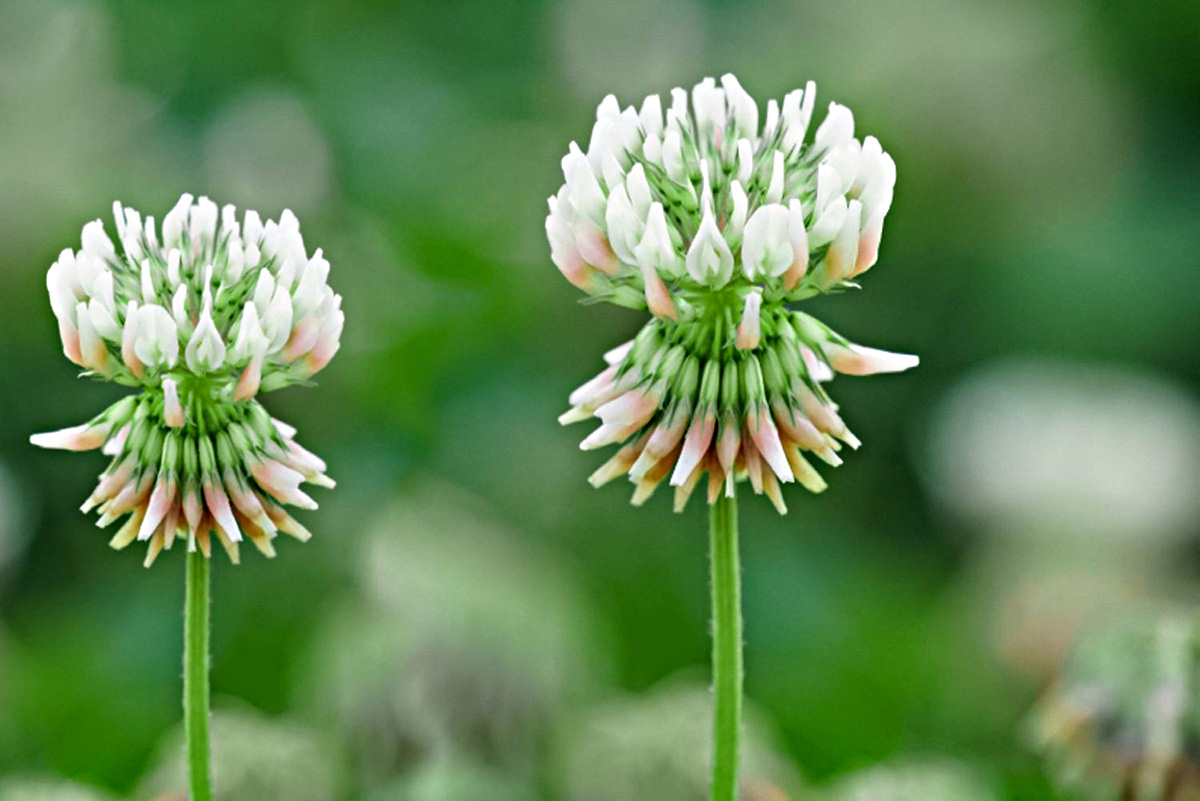
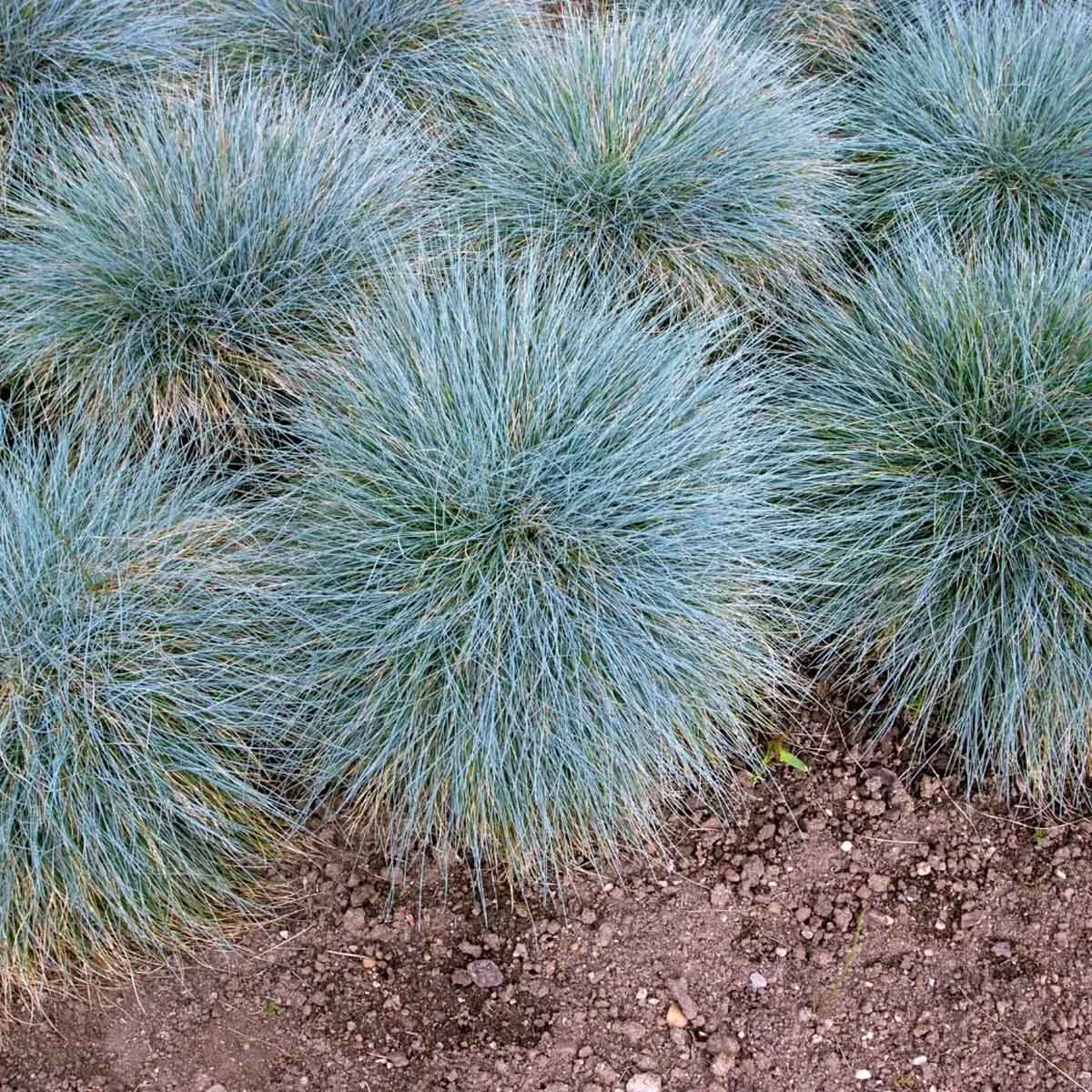
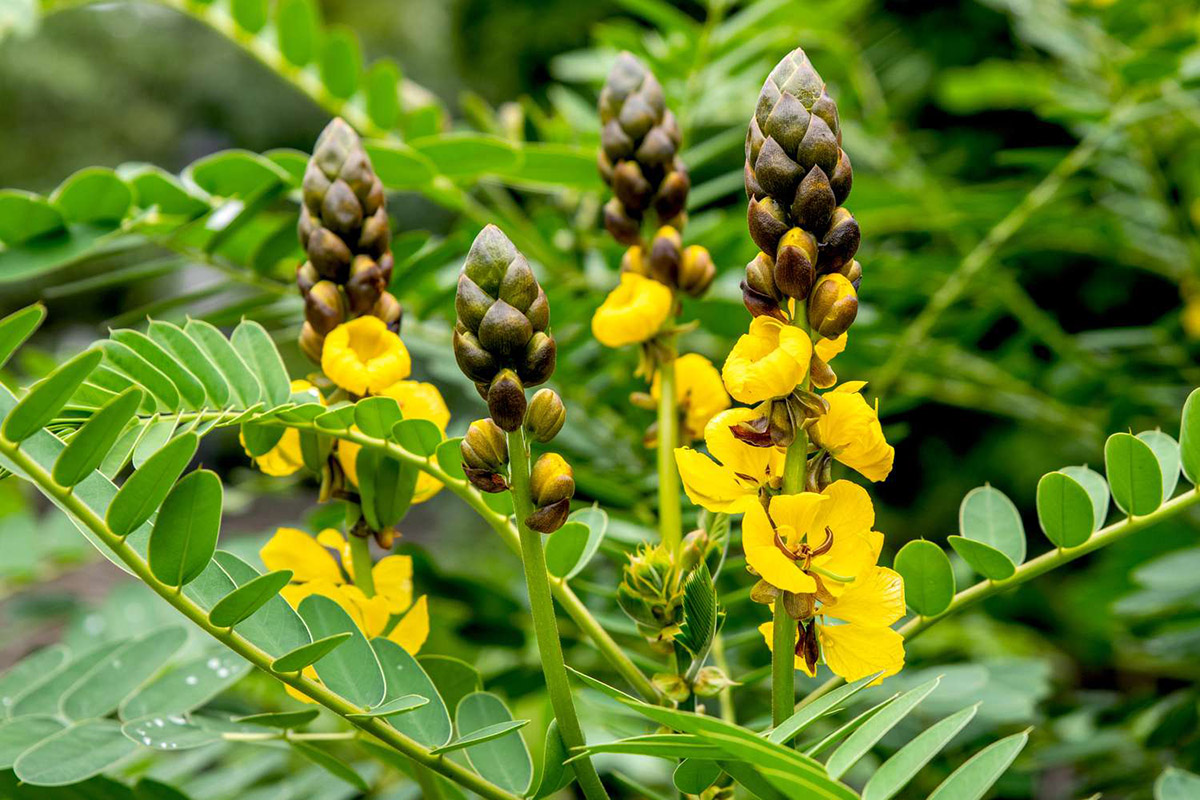
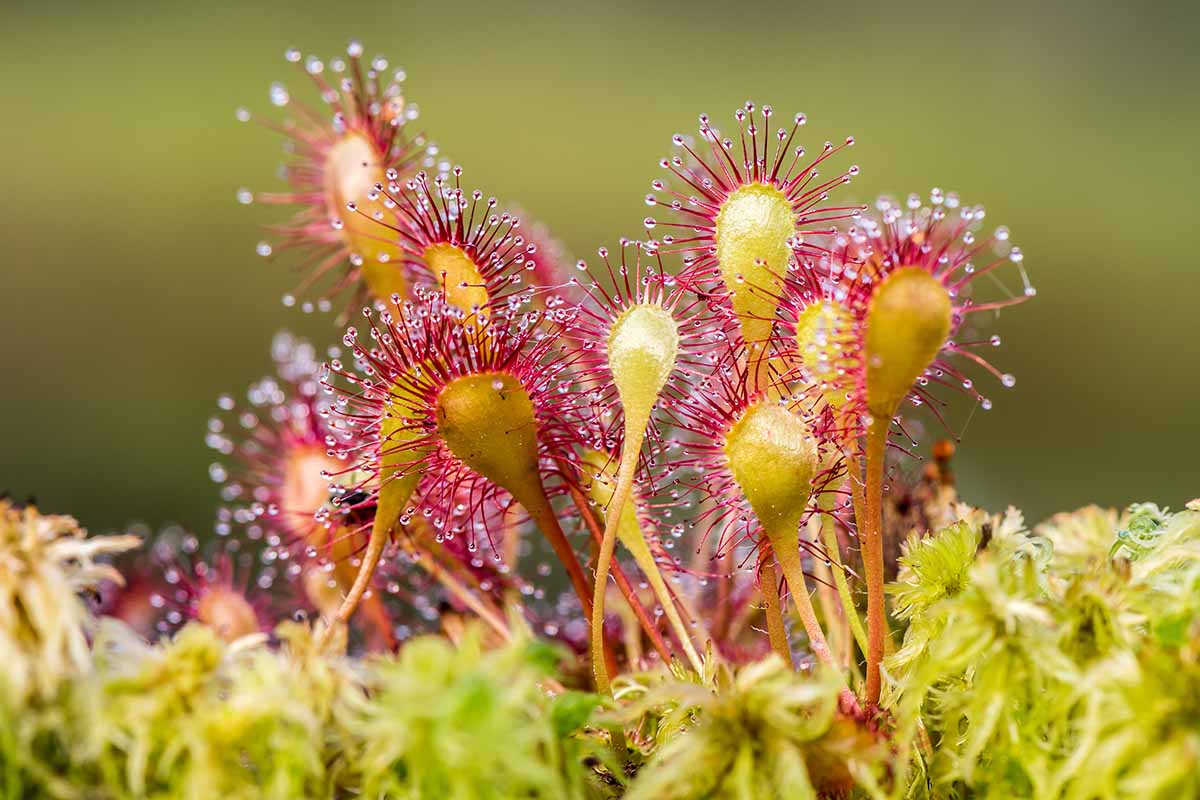
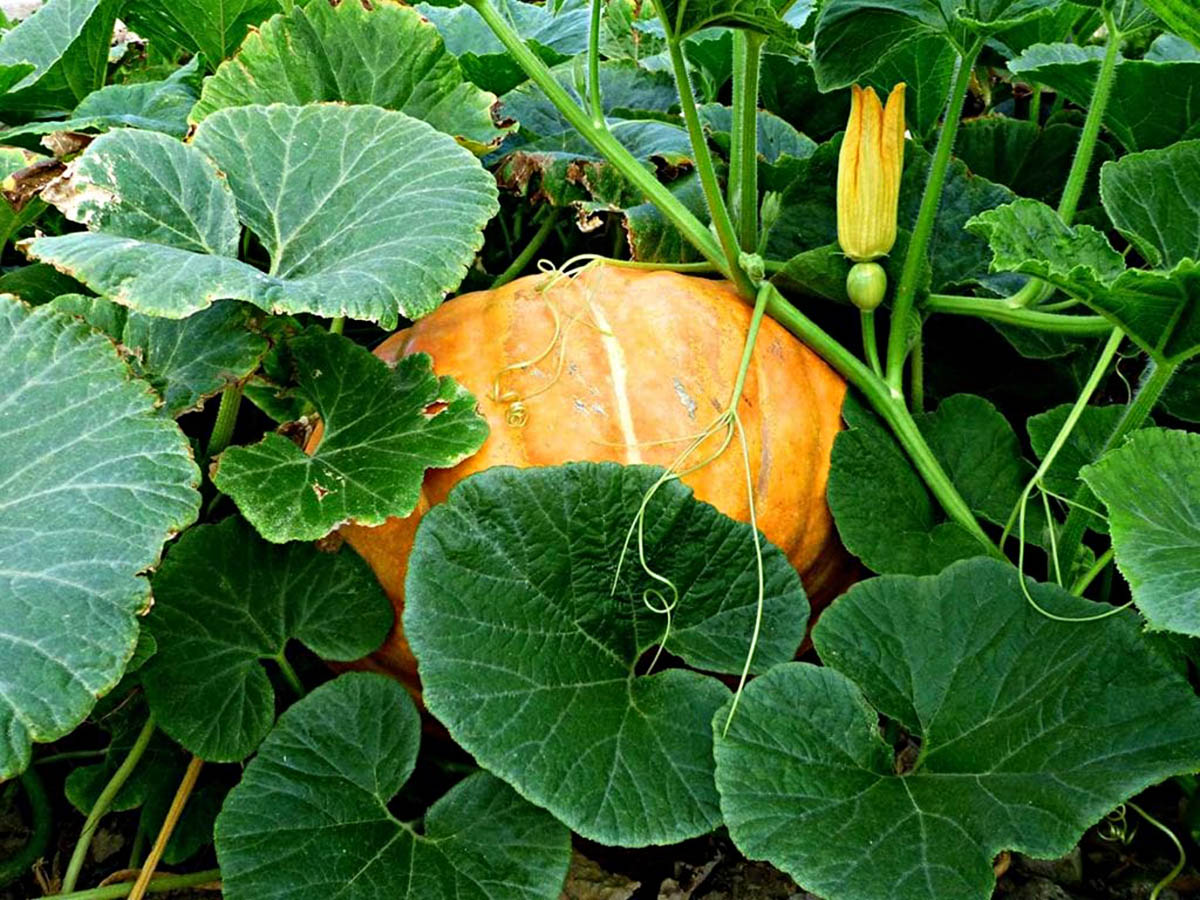
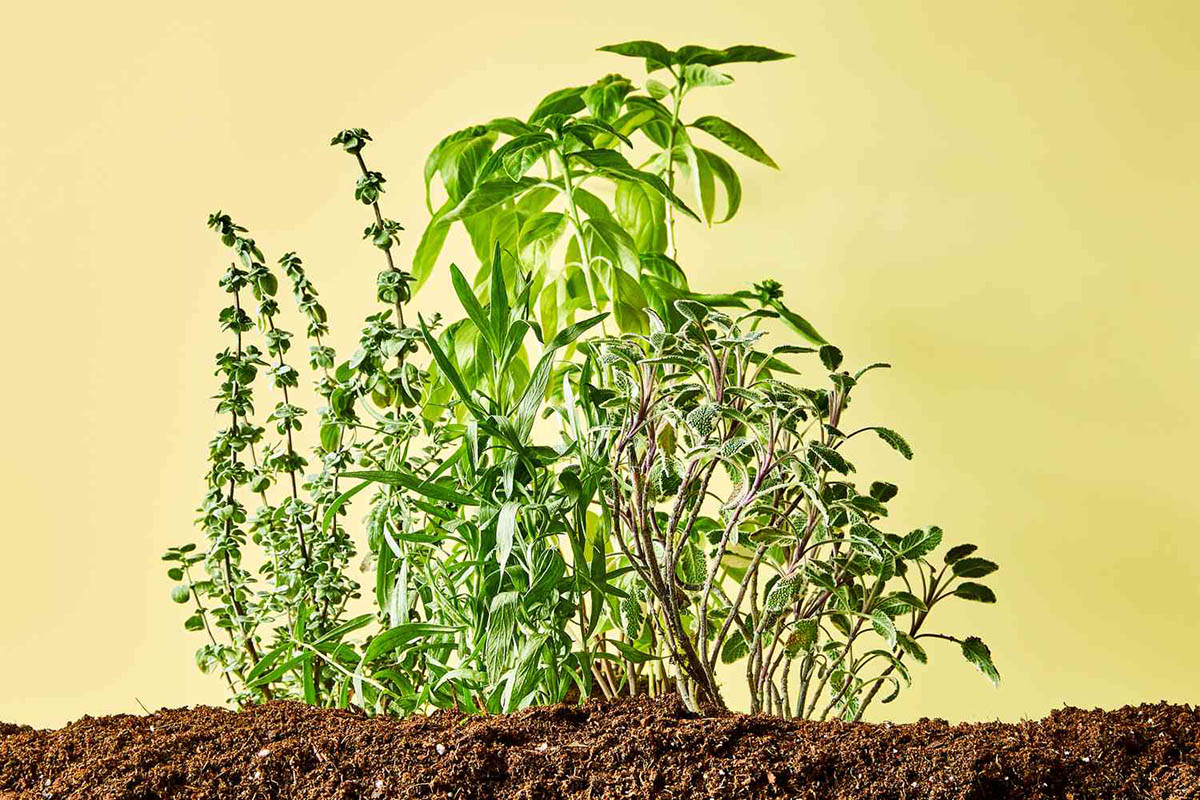
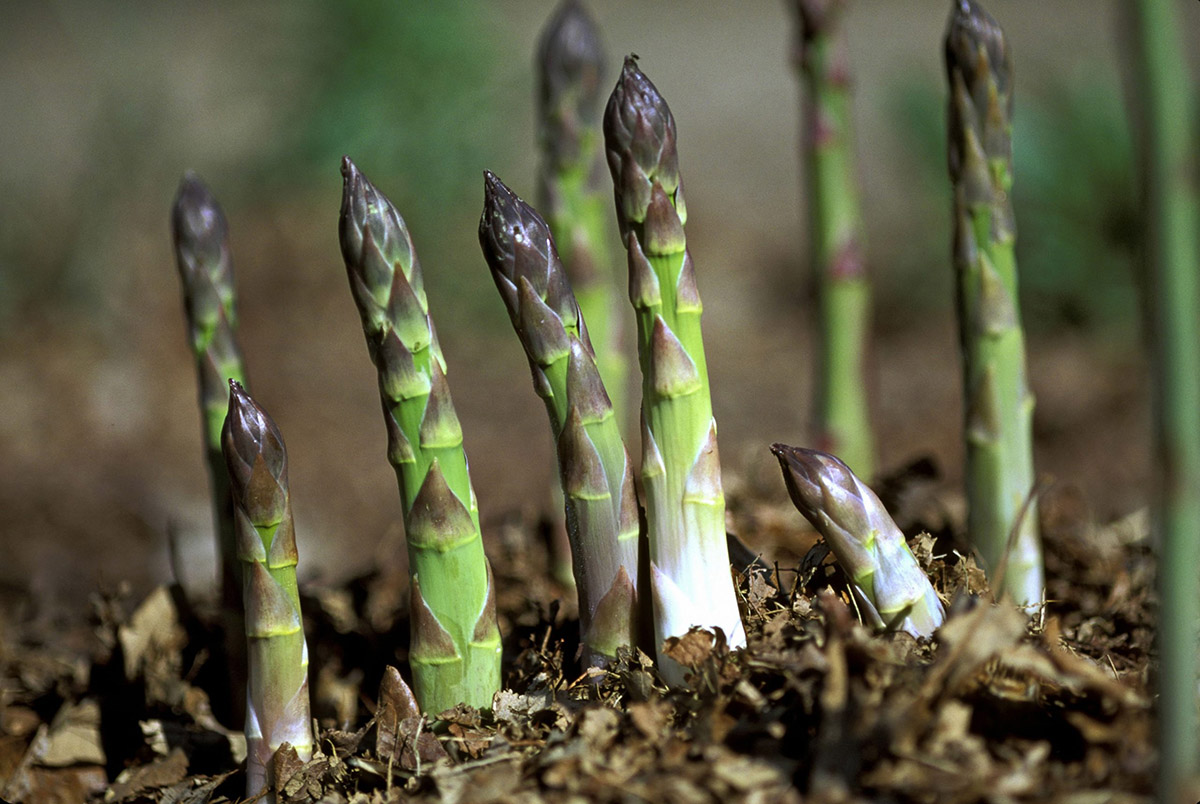
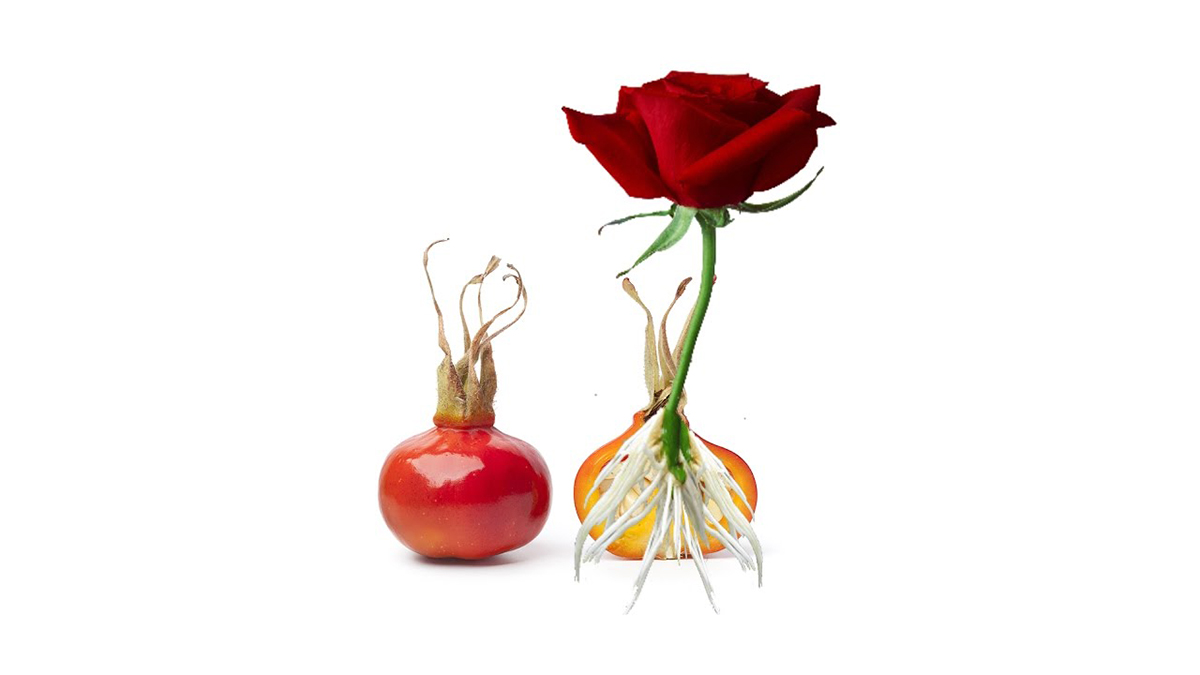
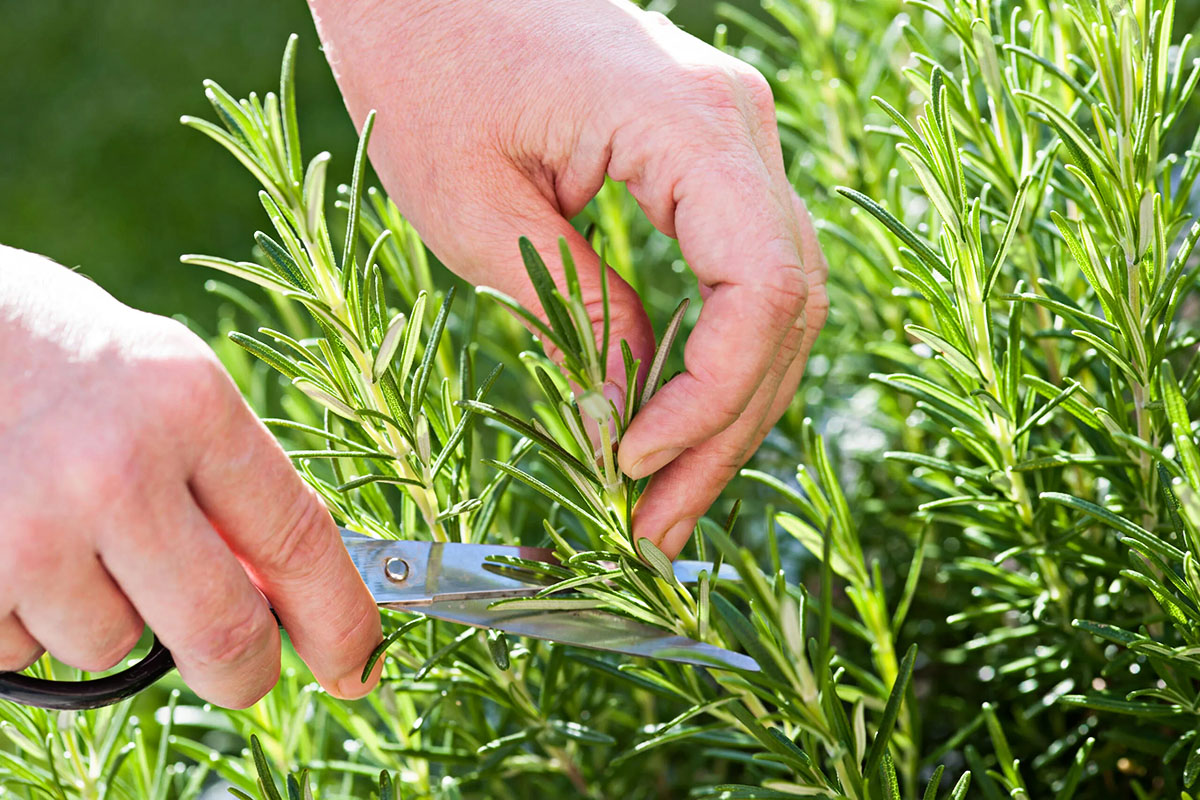
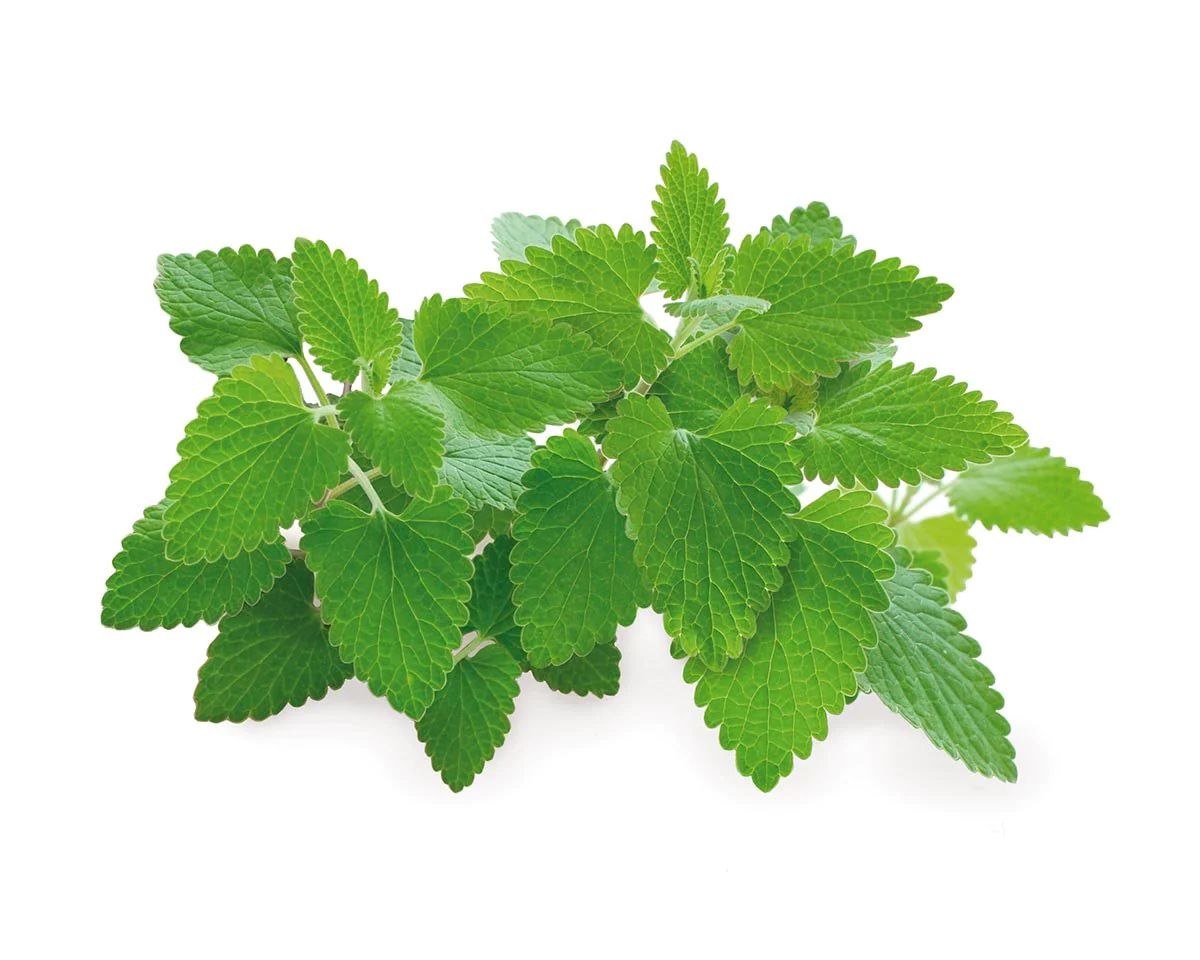
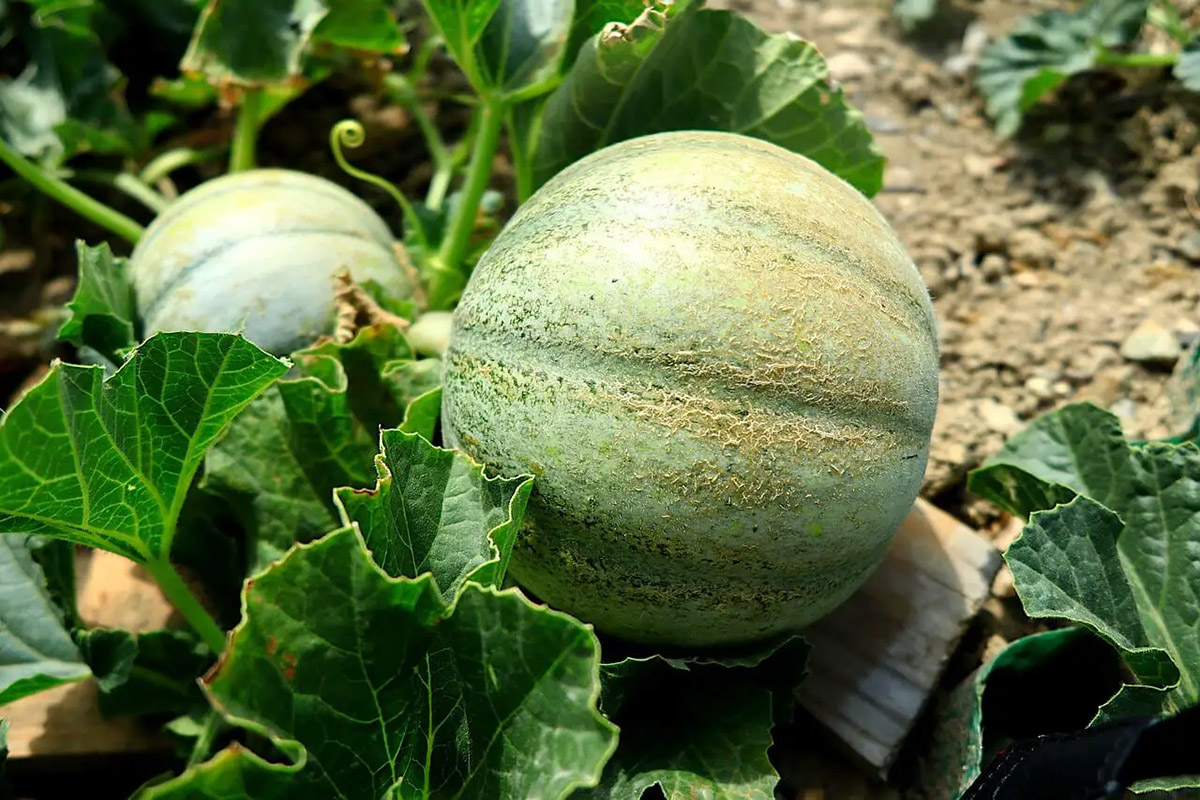
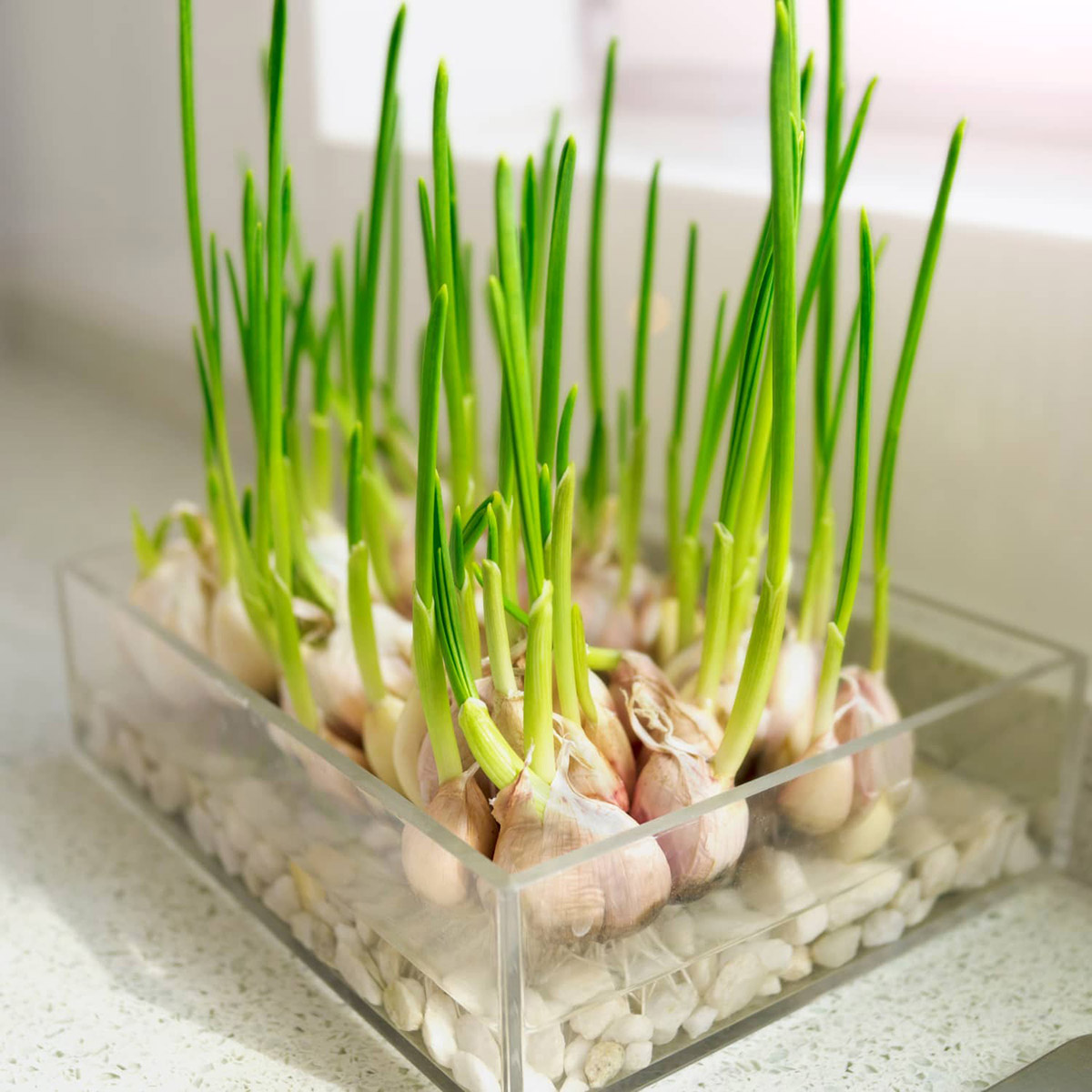
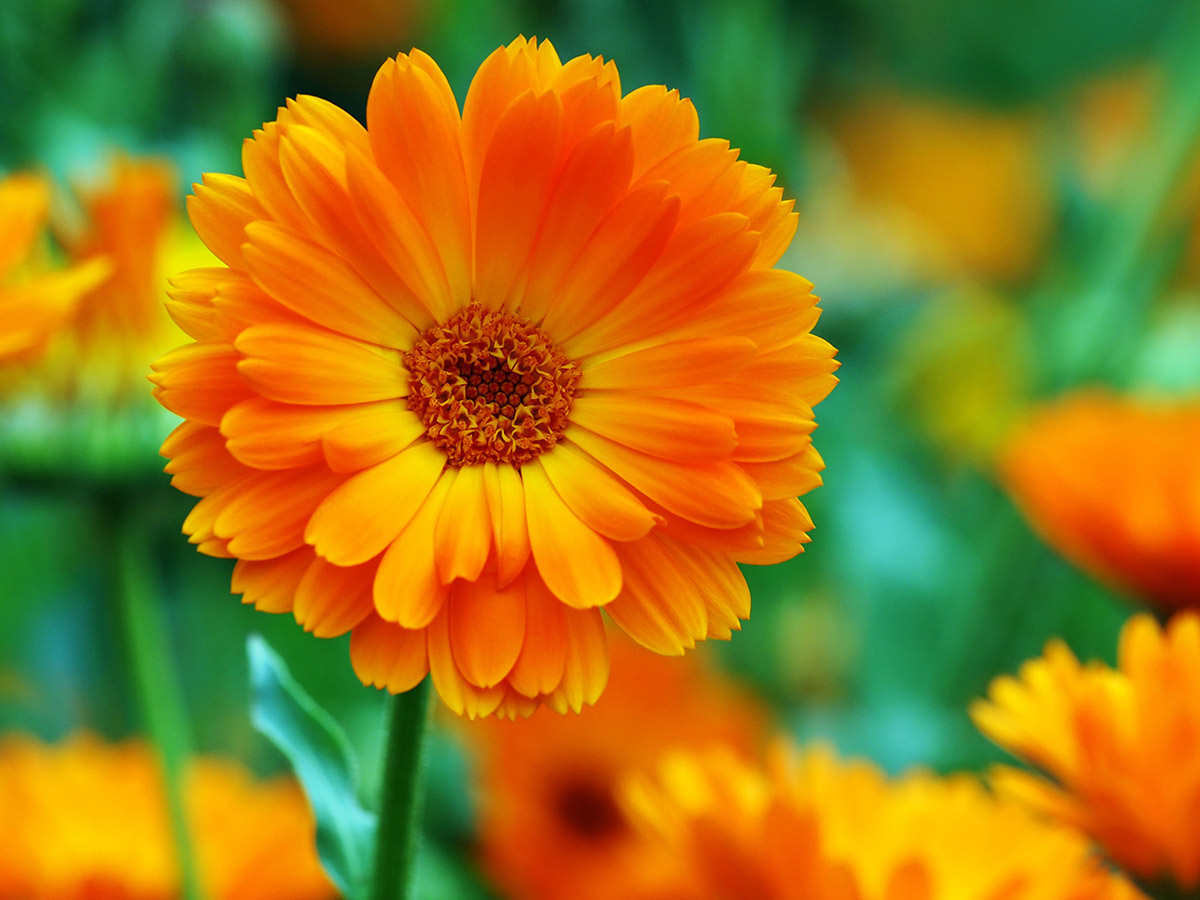
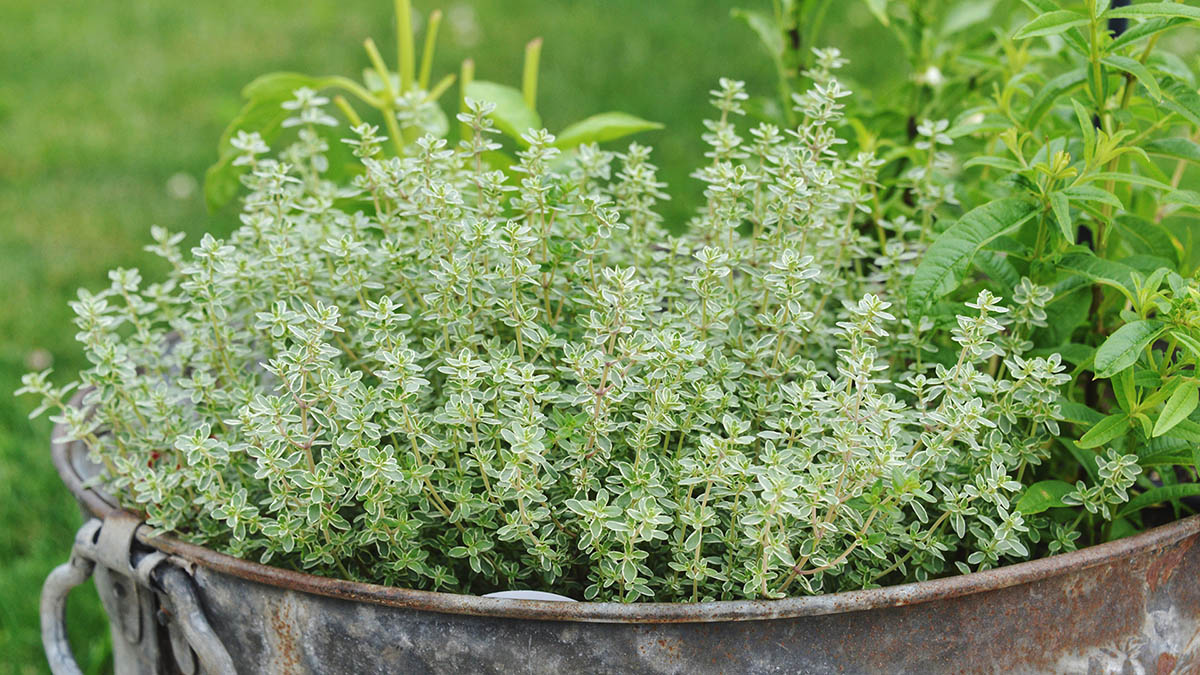

0 thoughts on “How Long Does Corn Germinate”